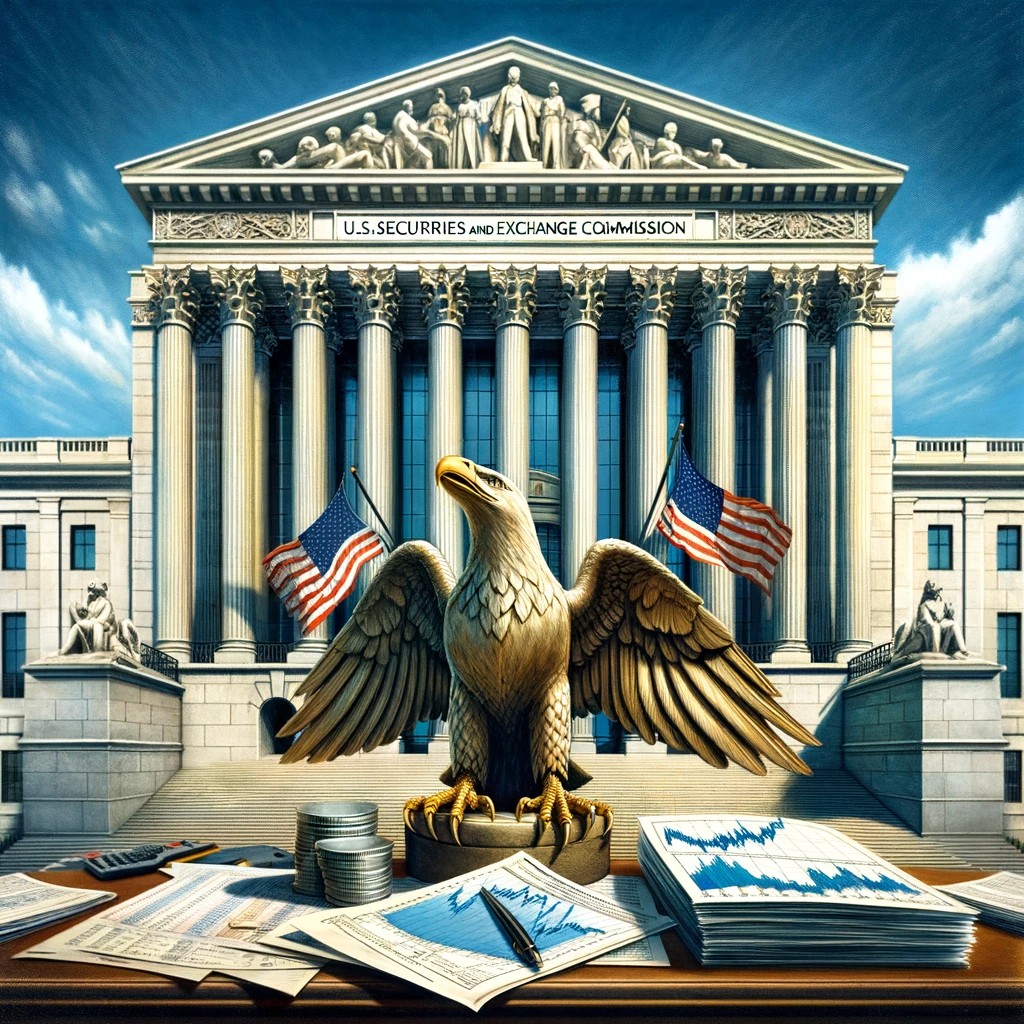
Within the evolving authorized confrontation between Coinbase and the Securities and Alternate Fee (SEC), Coinbase’s Chief Authorized Officer, Paul Grewal, has voiced skepticism concerning the worth of a latest default judgment by a federal choose. This judgment is a part of a broader case alleging insider buying and selling by a former Coinbase worker and his associates. Grewal highlighted the procedural imbalance of default judgments, which happens when the defendant doesn’t contest the allegations in courtroom, leaving the choose to contemplate solely the SEC’s arguments with out opposition.
Grewal pointed out the unilateral nature of the judgment, emphasizing that the absence of a defendant’s response led the choose to just accept the SEC’s claims as factual. He criticized the reliance on the SEC’s filings alone, noting the shortage of consideration for any amicus briefs or paperwork that might provide a opposite perspective. Grewal’s remarks underscore his view that such judgments lack substantial worth in setting authorized precedents or influencing future instances, difficult the perceived impression of the latest ruling on the authorized panorama for cryptocurrency regulation.
Coinbase faces challenges amid SEC crackdown
The ruling by Choose Tana Lin has important ramifications for the regulatory oversight of cryptocurrencies, affirming the SEC’s jurisdiction and classifying the crypto belongings in query as securities. This determination aligns with SEC Chair Gary Gensler’s regulatory strategy, bolstering the SEC’s regulatory authority over the cryptocurrency sector. The classification of digital belongings, together with Bitcoin and Ethereum, has been a contentious concern, with regulatory authorities grappling with acceptable categorizations since their inception.
Coinbase, amongst different exchanges, faces authorized uncertainties, confronting SEC enforcement actions for allegedly providing unregistered securities. These actions are a part of the SEC’s broader technique to increase its regulatory attain throughout the cryptocurrency market. Nevertheless, various interpretations by federal judges on whether or not cryptocurrencies represent securities have additional difficult the regulatory framework, highlighting the continuing debate over the correct regulatory strategy for digital belongings.
Future outlook on crypto regulation
The discourse surrounding the Coinbase vs. SEC lawsuit displays the broader regulatory challenges dealing with the cryptocurrency business. As authorized proceedings proceed, the end result of this case might present vital insights into future regulatory instructions and the classification of cryptocurrencies.
The business and regulatory our bodies are carefully watching developments on this case, looking for readability on the regulatory parameters for digital belongings. Grewal’s critique of the latest ruling brings to mild the complexities of creating authorized precedents within the quickly evolving cryptocurrency market. This means a continued dialogue on the steadiness between innovation and regulatory oversight.

